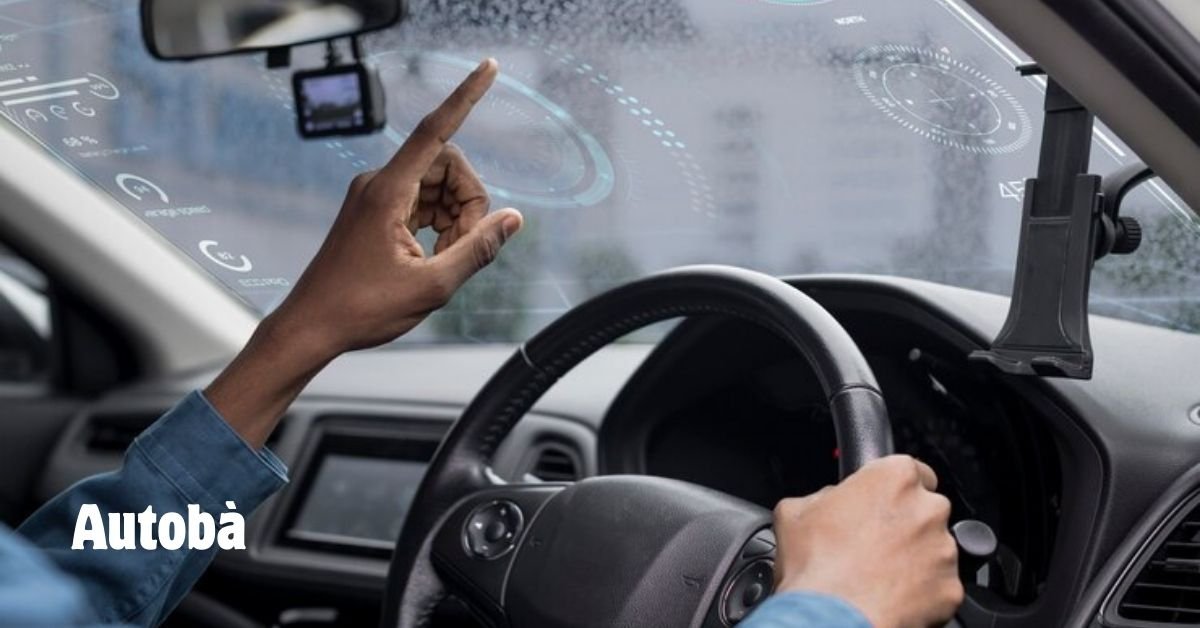Autonomous transportation is quickly becoming a reality with advancements in technology. One company leading the charge in this revolutionary industry is Autobà. In this article, we will explore the ins and outs of Autobà, its innovative technology, and its impact on the future of transportation.
What is Autobà?
Autobà is a pioneering company in the field of autonomous vehicles. They specialize in creating self-driving cars that aim to transform the way we commute. By leveraging cutting-edge technology, Autobà’s vehicles are designed to operate without human intervention, offering a safer and more efficient transportation solution.
The Technology Behind Autobà
At the heart of Autobà’s success is its advanced technology. Their autonomous vehicles are equipped with a range of sensors, cameras, and LIDAR systems that allow them to navigate roads with precision. These sensors work together to create a detailed map of the vehicle’s surroundings, enabling it to detect obstacles, follow traffic signals, and make real-time decisions.
One of the key features of Autobà’s technology is its artificial intelligence system. This system uses machine learning algorithms to continuously improve the vehicle’s performance. By analyzing data from each journey, the AI can learn from mistakes and optimize driving patterns, making the vehicles safer and more reliable over time.
Benefits of Autobà’s Autonomous Vehicles
There are numerous benefits to using Autobà’s autonomous vehicles. First and foremost is safety. Human error is a leading cause of accidents on the road, but Autobà’s technology eliminates this risk by removing the need for a human driver. The vehicles are programmed to follow traffic laws and can react to unexpected situations faster than a human could.
Another significant advantage is efficiency. Autobà’s vehicles are designed to optimize routes and reduce travel time. This not only makes commuting more convenient for passengers but also helps reduce traffic congestion in urban areas. Additionally, the vehicles are electric, contributing to a reduction in greenhouse gas emissions and promoting a more sustainable future.
The Impact on Society
The introduction of Autobà’s autonomous vehicles has the potential to bring about significant changes in society. One of the most notable impacts is on the job market. While there may be concerns about job losses in traditional driving roles, the rise of autonomous vehicles is expected to create new job opportunities in tech development, vehicle maintenance, and infrastructure support.
Furthermore, autonomous vehicles can improve accessibility for individuals who are unable to drive. Elderly people and those with disabilities can gain greater independence and mobility through the use of self-driving cars. This inclusivity can enhance their quality of life and open up new opportunities for social and economic participation.
Challenges and Considerations
Despite the promising potential of Autobà’s technology, there are several challenges to consider. One of the primary concerns is cybersecurity. Autonomous vehicles rely heavily on software and data, making them vulnerable to hacking and cyber attacks. Ensuring robust security measures are in place is crucial to prevent unauthorized access and protect passengers’ safety.
Another challenge is regulatory approval. Autonomous vehicles must comply with a complex web of regulations and standards set by various governmental bodies. Achieving widespread acceptance and integration into existing transportation systems will require collaboration between Autobà, policymakers, and industry stakeholders.
The Future of Autobà
Looking ahead, the future of Autobà appears bright. The company continues to innovate and expand its fleet of autonomous vehicles. With ongoing advancements in AI and sensor technology, Autobà is well-positioned to lead the autonomous transportation revolution.
In the coming years, we can expect to see more autonomous vehicles on the roads, offering a glimpse into a future where self-driving cars are the norm. As Autobà continues to refine its technology and overcome challenges, the dream of fully autonomous transportation is becoming an increasingly attainable reality.
Conclusion
Autobà is at the forefront of a transportation revolution. With its advanced autonomous vehicle technology, the company promises to enhance safety, efficiency, and sustainability on our roads. By leveraging cutting-edge sensors and artificial intelligence, Autobà’s self-driving cars offer a glimpse into a future where human error is minimized and travel is optimized. While challenges such as cybersecurity and regulatory approval remain, Autobà’s commitment to innovation and progress is clear. The impact of their technology extends beyond transportation, offering new opportunities for employment and greater accessibility for all. As Autobà continues to refine its systems and expand its fleet, the dream of fully autonomous transportation is becoming an increasingly attainable reality. The road ahead is paved with promise, and Autobà is leading the way.
FAQs
What is the primary goal of Autobà?
Autobà aims to revolutionize transportation by creating safe, efficient, and autonomous vehicles that eliminate the need for human drivers.
How do Autobà’s autonomous vehicles navigate?
The vehicles use a combination of sensors, cameras, and LIDAR systems to create a detailed map of their surroundings and make real-time driving decisions.
What are the environmental benefits of Autobà’s vehicles?
Autobà’s vehicles are electric, reducing greenhouse gas emissions and promoting sustainability in transportation.
How does Autobà address cybersecurity concerns?
Autobà implements robust security measures to protect its vehicles from hacking and cyber attacks, ensuring passenger safety.
What impact will Autobà have on the job market?
While there may be changes in traditional driving roles, the rise of autonomous vehicles is expected to create new job opportunities in technology and infrastructure support.











